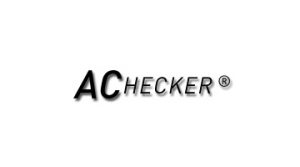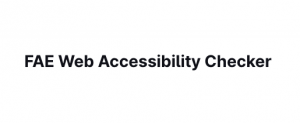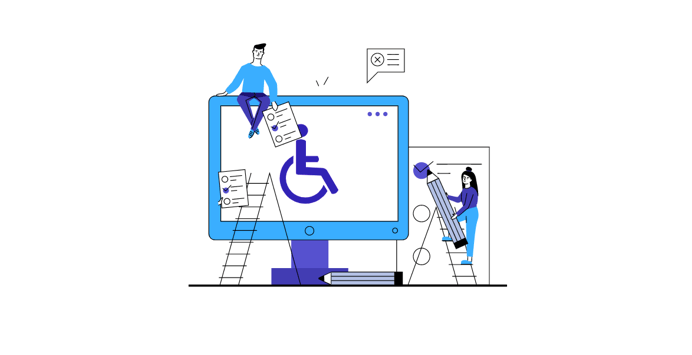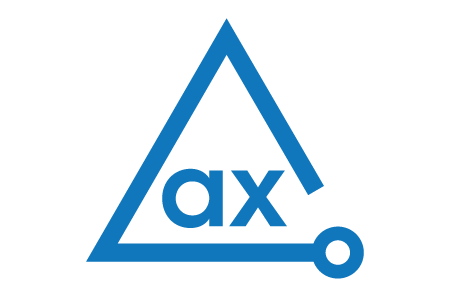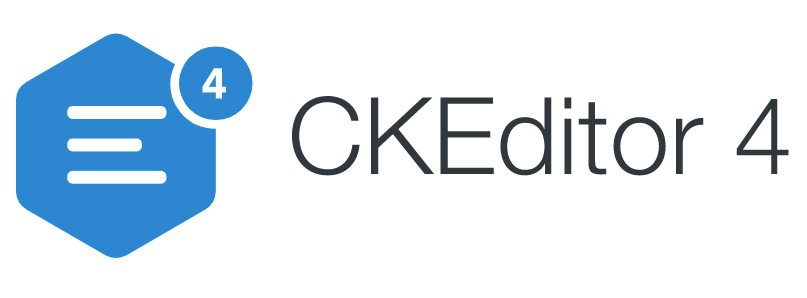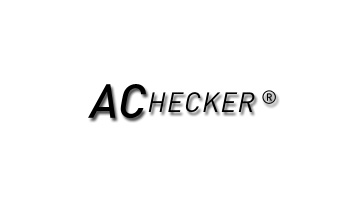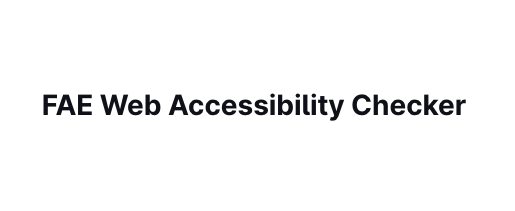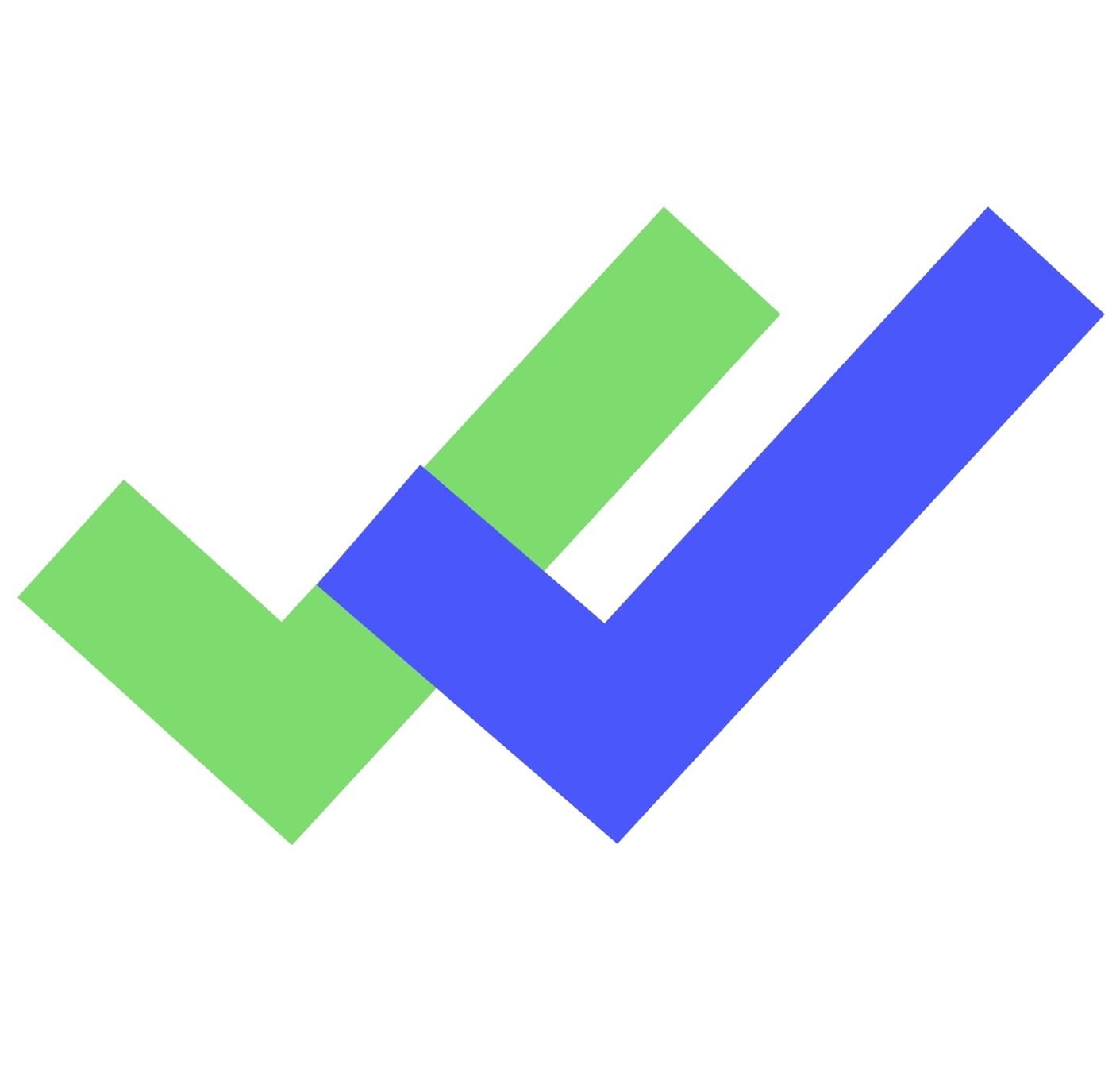
Accessibility Checkers may define the entire complex procedure of accessible websites. But does location have an impact as well?
In short, accessibility checkers are tools used to analyze how accessible content is on your websites. There are a few basics on Website Accessibility. But to learn all the ins and outs by heart, it is easier and quicker to just use a system that does the hard work for you: web accessibility Checkers.
Web accessibility makes the Worldwide Web accessible to everybody, so also for users with physical or visual disabilities. Many tools exist to improve online barriers, with accessibility checkers being one of the more important. In this review, we will explain why choosing a checker according to your location is important and the challenges you may face.
Going Deeper with Accessibility Checkers Location issues
As mentioned, one big issue you might face is if the checker you choose does not offer global coverage. Unfortunately, not all accessibility checkers provide global access.
Deep distrust of the WCAG 2.0 regulations has led to their dismantlement in Europe. Instead, they have put in place a much more flexible framework. Accordingly, a fifteen-page Web Accessibility Directive (WAD) was put in place to enforce the new concept and its rules. These regulations require all websites and mobile apps that provide public info or services to adhere to them.
In continuance, WAD’s purpose is to ensure that all EU citizens have equality of access to the Internet. As mentioned, not following these regulations, even as a private entity, may result in fines or even lawsuits. Learn more about Web Legislations, and understand the different laws per location.
Accessibility Regulations in Europe
Naturally, complying with EN 301 549, WCAG, and WAD regulations is critical in Europe. Even on a local level, governments are implementing these accessibility solutions wherever they can. However, some countries have their own sets of laws on digital accessibility.
Regulations per Countries
- France: RGAA
- Spain: UNE 139803
- Italy: Stanca Act
- Germany: Equal Opportunity Act
In brief, these are all important locally, but the unified regulation is the European Union Directives from 2016. The requirements for other jurisdictions may vary, but the most essential guideline unifying these states remains the European Union Directives of 2016.
Finally, If you would like to have a fully compliant and accessible website, as the law states, and avoid those hefty fines, please have a look at our next article.



